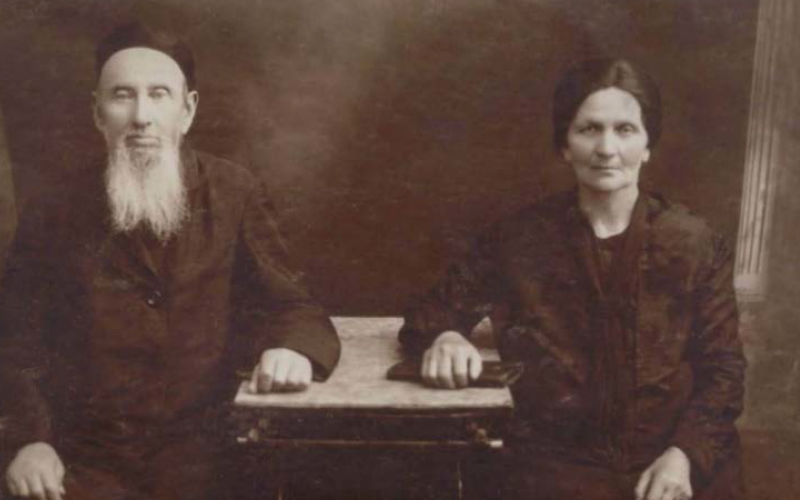Introduction
Y-DNA analysis has proven to be a valuable tool in the genealogical research of Jewish paternal lineages. In our research, we have used it to validate the paper trail of pedigreed rabbinical descendants and identify the Y-DNA genetic signature of many different rabbinical lineages.
However, sometimes Y-DNA results for Jewish descendants who share the same surname do not match, even though their paper trails indicate descent from the same common ancestor.
What happens when Y-DNA testing does not validate the paper trail? What are the possible reasons for these confounding and unexpected results? The purpose of this article is to explain some of the major reasons why Y-DNA and yichus sometimes tell different stories.
In this article, we explain:
• The meaning and significance of the term yichus to Jewish genealogy,1
• The process for identifying the Y-DNA genetic signature for a rabbinical lineage,2 • How we determine whether Y-DNA results prove or disprove patrilineal yichus, and • The major reasons why Y-DNA and yichus sometimes tell different stories.
The Meaning and Historical Significance of Yichus
The term “yichus” is a Hebrew word which means “lineage, distinguished birth, or pedigree.”3 The importance of yichus traces back to the Torah:
“They gathered together the entire assembly on the first of the second month, and they established their genealogy according to their families, according to their fathers’ house, by number of the names from twenty years of age and up, according to their head count” (Numbers 1:18).”
Page 2 of 28
Rashi, in his commentary to the words “and they established their genealogy,” writes: “They brought their documents of yichus and witnesses to the status of their birth, each and every one, so as to trace his ancestry to the particular tribe to which he claimed to belong.”4
Jews throughout the centuries and millennia have always prided themselves in their yichus – be it derived from their parents, grandparents, or other righteous people from whom they descended. Rabbi Aron Tendler offers the following insight into the concept of yichus:5
“Some are born to it while others marry into it. It’s not something you can buy and it isn’t something that requires work in order to keep – once you have it, it’s yours. Those who do not have their own yichus can create some, but not for themselves, only for others.”
The Genealogical Significance of Yichus
Yichus was particularly important to the great rabbinical lineages and dynasties, for whom marriages were arranged between sons and daughters of equal or greater yichus.
Rabbis and their descendants went to great lengths to document their family’s yichus. It was the custom of many great rabbis to create for themselves a Shtar Yuchsin, a genealogy chart or family tree, in which they traced their lineage back to King David, Maimonides, and other great Jews of the past.6
These yichus customs have two major influences on Jewish genealogy: they provide documentation of pedigrees and paper trails for rabbinical lineages dating back to the Middle Ages, and they reveal the genetic interconnection of many of these lineages through marriage with one another. This has important genealogical implications, as many Jews either are descended from these lineages or share common ancestors with them. Continue Reading…
Authors





